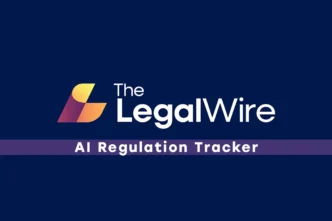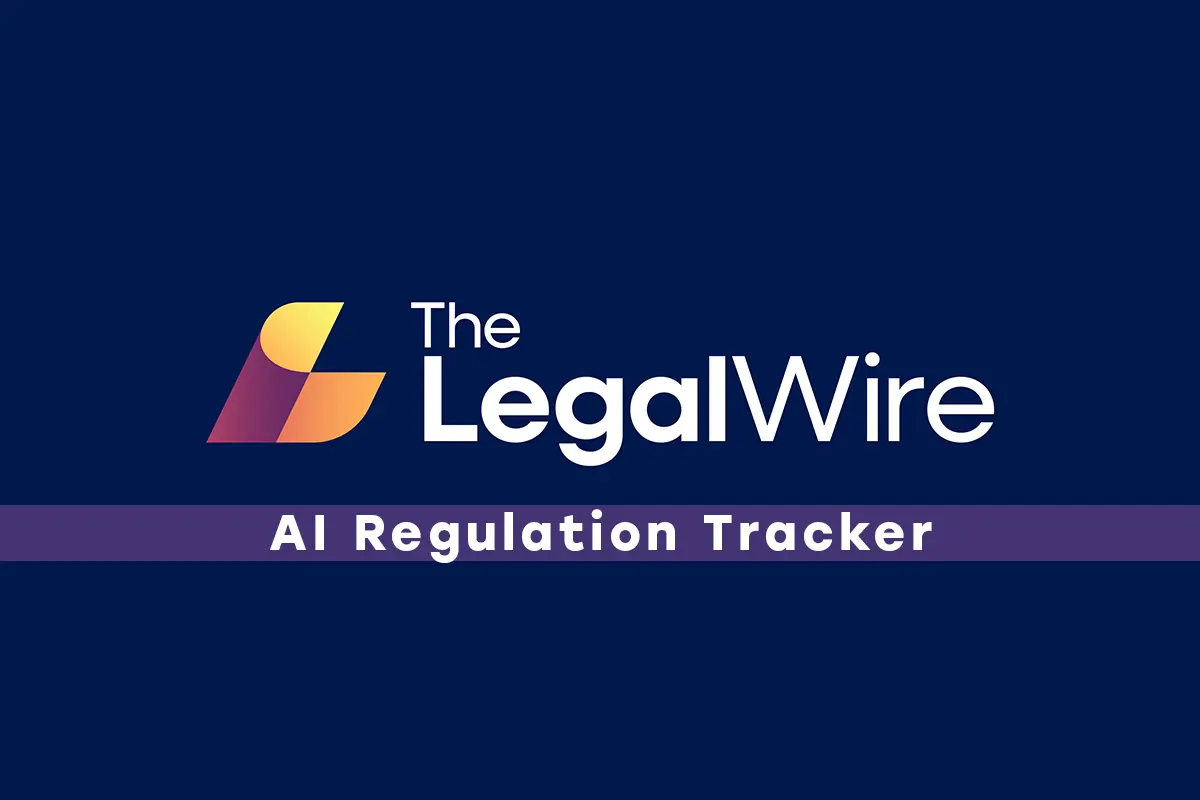The Changshu People’s Court has announced that it had ruled in a case that images generated with AI are eligible for copyright protection. In this case, the plaintiff (Lin) generated an image of a half heart in a city waterfront using Midjourney and further used Photoshop to edit the image. An unnamed Changsha real estate company then used the image in a WeChat posting and further built a three-dimensional installation based on the image at one of its developments. The Court found that (1) based on its review of the Midjourney user agreement, the assets and rights of the pictures produced by the user using the Midjourney service belong to the user; (2) Lin’s modification of the prompts and the modification of the picture through the image processing software reflected his unique selection and arrangement, and the image generated by this was original and belonged to the works protected by the Copyright Law; (3) the real estate company violated Lin’s copyright by disseminating the picture on the Internet without the permission of the copyright owner; (4) the copyright enjoyed by Lin were limited to the picture, and the manufacturing of the three-dimensional installation was only based on the image; and (5) the real estate company’s design and construction of the corresponding installation did not constitute an infringement of Lin’s copyright. The Changshu People’s Court ordered the defendants to issue a public apology and pay 10,000 yuan (approximately $1,380) in damages. This is believed to be the second case regarding AI-generated images with the Beijing Internet Court ruled similarly in late 2023. In its announcement on Weixin, the deputy chief judge of the Changshu People’s Court, Hu Yue, stated that the case underlines that AI-generated images can be afforded copyright protections so long as human creativity went into the making of a work.
Click here for the official article/release
Disclaimer
The Legal Wire takes all necessary precautions to ensure that the materials, information, and documents on its website, including but not limited to articles, newsletters, reports, and blogs (“Materials”), are accurate and complete. Nevertheless, these Materials are intended solely for general informational purposes and do not constitute legal advice. They may not necessarily reflect the current laws or regulations. The Materials should not be interpreted as legal advice on any specific matter. Furthermore, the content and interpretation of the Materials and the laws discussed within are subject to change.






